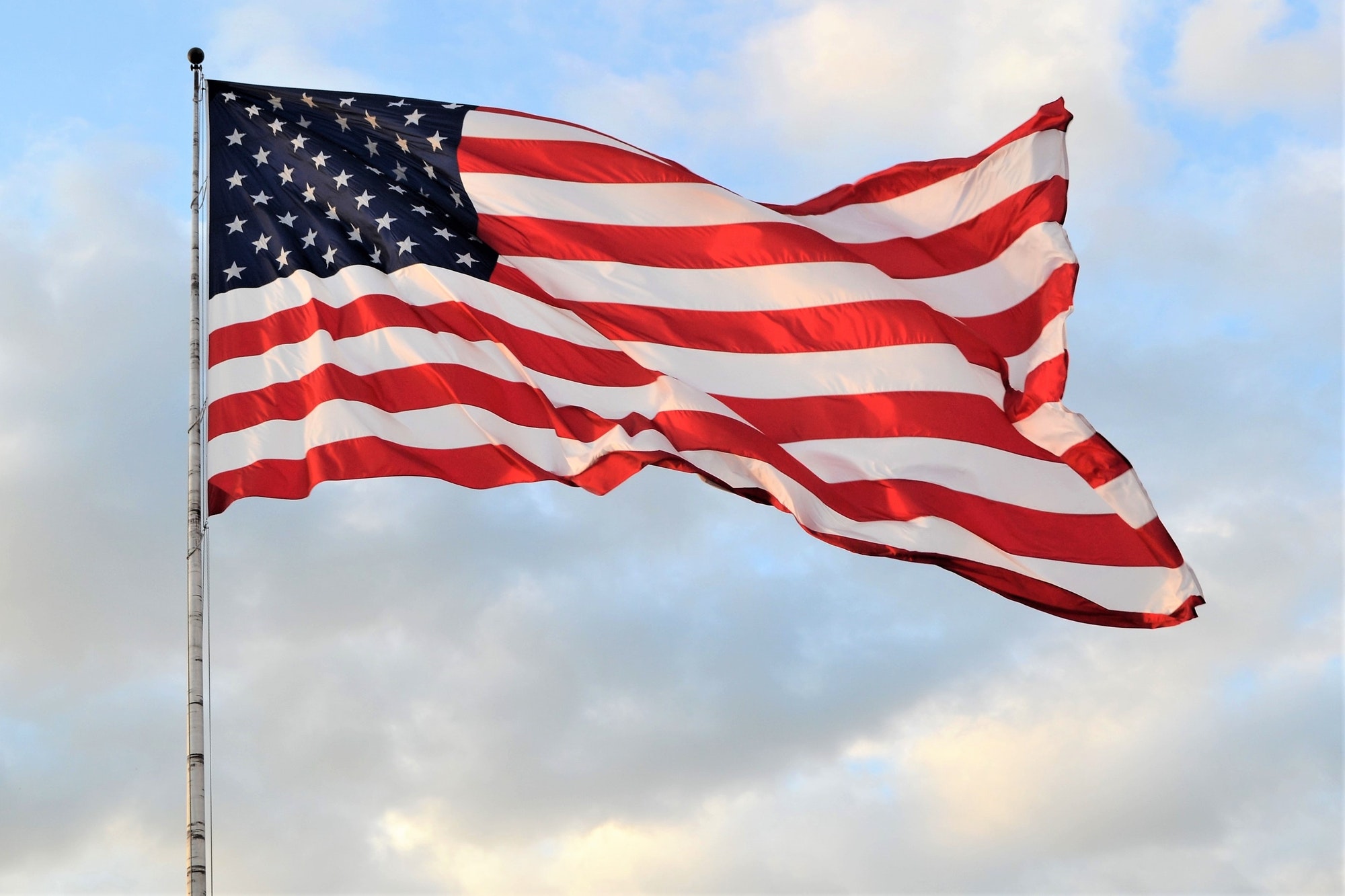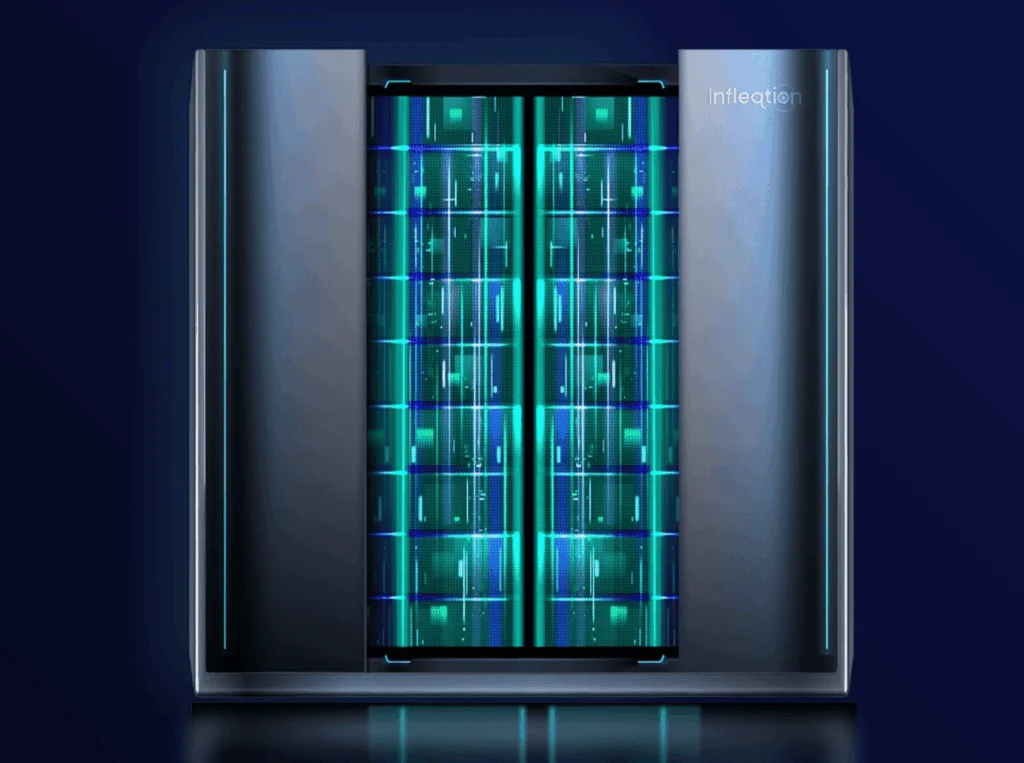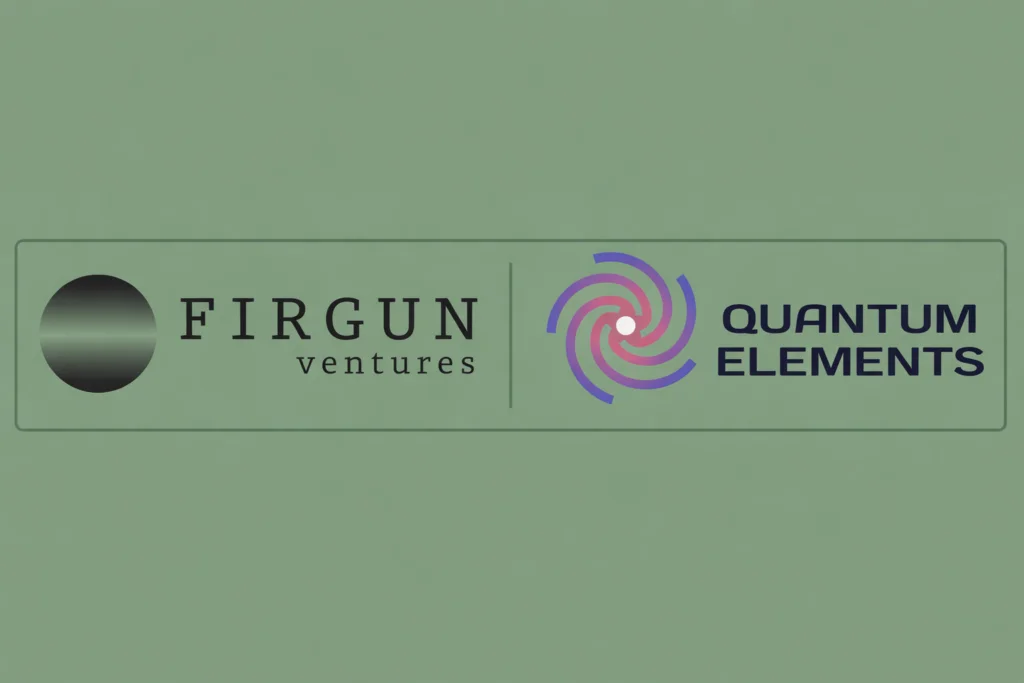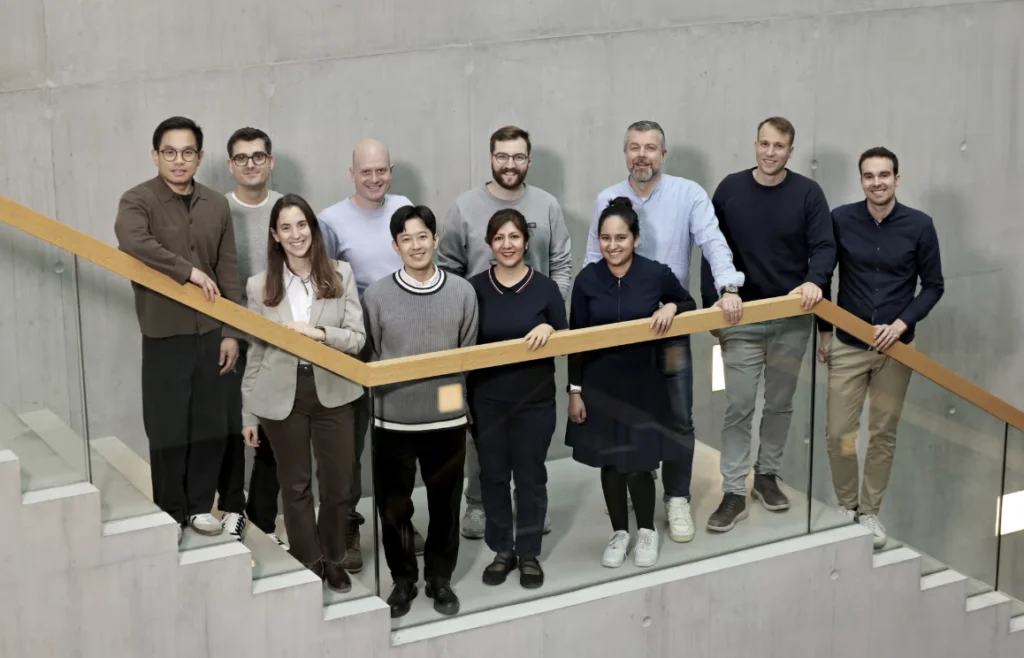Insider Brief
- The United States Air Force recently announced a series of grants aimed at developing quantum technologies, according to media reports.
- The grants are the result of collaborative efforts with Air Force Research Laboratory (AFRL) and AFWERX.
- Qrypt, QRS and QuSecure were among those quantum companies that received grants in this series of announcements.
The United States Air Force, through its collaborative efforts with the Air Force Research Laboratory (AFRL) and AFWERX, has recently announced a series of grants aimed at developing and exploring the possibilities of quantum technologies. These initiatives represent a strategic effort to modernize defense operations in the face of evolving threats and opportunities.
The following is a summary of some of the grants recently awarded by the US Air force to support quantum research and development.
Qrypt Grant Information

Qrypt, a leading quantum-secure encryption company, was selected for an STTR Phase 1 contract by AFWERX, according to a company statement. Qrypt’s project focuses on developing an encryption solution tailored to counteract the Department of Air Force’s (DAF) most pressing challenges. This project is particularly significant in addressing the emerging threat of “harvest now, decrypt later” (HNDL) attacks. Qrypt’s innovative Quantum Key Generation (QKG) technology allows for the independent generation of encryption keys at various endpoints, thus bolstering the security of communications against the potential threats of quantum computing.
“As the quantum era quickly approaches, so does the quantum threat. Qrypt remains at the forefront of cybersecurity innovation, addressing the imminent threat of quantum computing, and is committed to safeguarding our national security,” Denis Mandich, chief technology officer and co-founder at Qrypt, said in a statement. “This award is just the first step in advancing quantum-secure encryption to protect critical communications and sectors from advanced attacks.”
Qrypt is partnering with the National Security Collaboration Center (NSCC) at the University of Texas at San Antonio (UTSA) to evaluate the use of Qrypt’s solution on DAF-specific use-cases and challenges applying quantum-resistant encryption. UTSA is a United States Cyber Command (USCYBERCOM) Academic Engagement Network partner.
“Quantum security education and research are essential to our national security,” said Charles Cosnowski, Research Lead at the NSCC, in the statement. “Through this collaboration and contract, we can work with Qrypt to strengthen national defense capabilities and advance quantum-resistant cryptography.”
QRS Grant Information
QRS, which has been awarded a $2.5 million, three-year Phase III STTR grant, IOT World Today reports. This grant will fund the development of the Department of Defense’s first operational, production-level quantum computing software.
The software aims to revolutionize inventory management, especially for items with unpredictable demand patterns. This should address inefficiencies in the supply chain and reducing unnecessary storage costs.
“An optimal solution includes three answers: how many parts are needed, when they are needed and how they get there,” QRS CEO Ethan Krimins said, as reported in IOT World Today.“The cost of our quantum software quickly pays for itself by providing organizations with the data to answer these questions without guessing or estimating.”
QuSecure Grant
Enhancing cybersecurity, QuSecure has been granted an SBIR contract by AFWERX for its QuProtect system, according to IOT World Today. QuProtect is an end-to-end post-quantum cryptography (PQC) software-based solution, designed to safeguard communications and data against quantum cyberattacks. This contract underscores QuSecure’s growing reputation in the cybersecurity field, following their previous contracts with the U.S. Army in 2023 and the U.S. Government in 2022.
“Following winning our previous two SBIR awards, QuSecure is proud to be a part of the Department of the Air Force’s efforts toward a more cybersecure future,” said Pete Ford, QuSecure Senior Vice President of Federal Operations. “This award from the Air Force recognizes QuSecure’s ability to help enhance the combat fighting capabilities necessitated by modern warfare.”
The Air Force’s commitment to innovation is evident in its streamlined approach to the Small Business Innovation Research (SBIR) and Small Business Technology Transfer (STTR) processes. This approach emphasizes faster proposal-to-award timelines, expanding the range of potential applicants, and minimizing bureaucratic overhead. Since its inception in 2018, the DAF’s Open Topic SBIR/STTR program has been pivotal in funding a broad spectrum of advanced technological solutions, setting a new standard in defense technology development.
For more market insights, check out our latest quantum computing news here.















